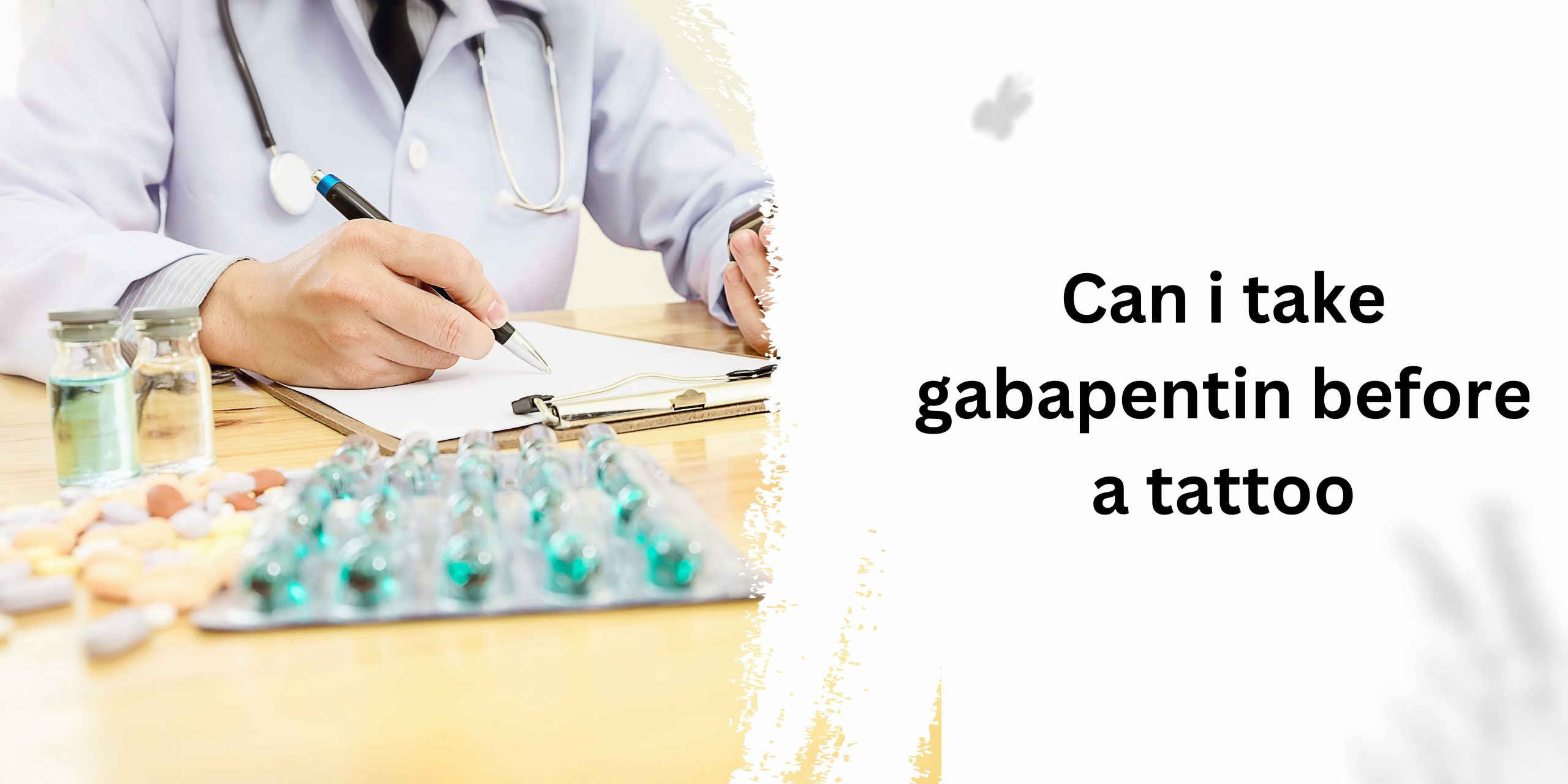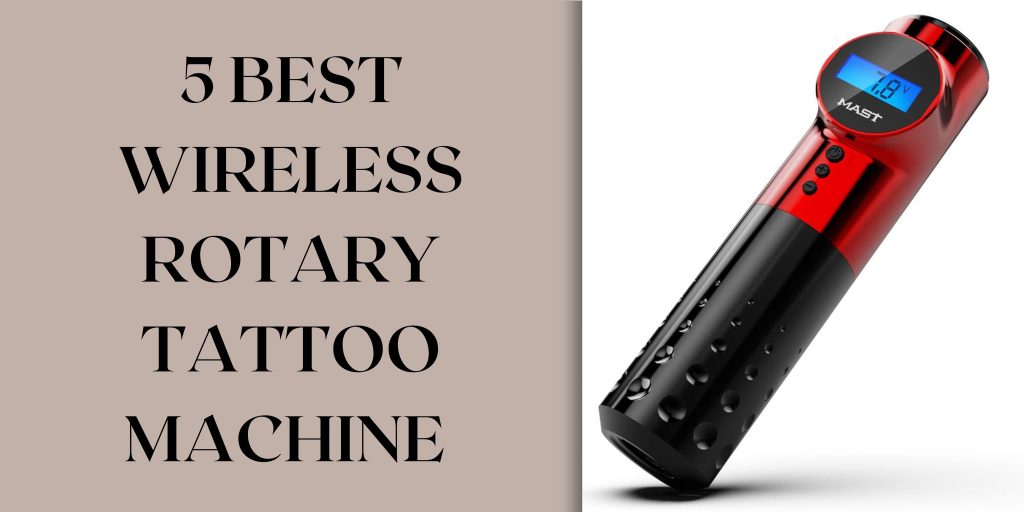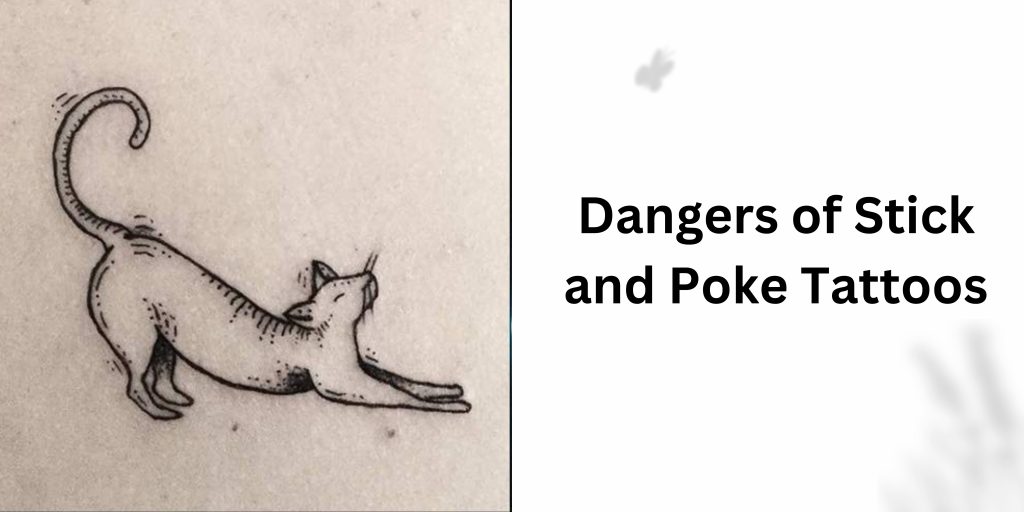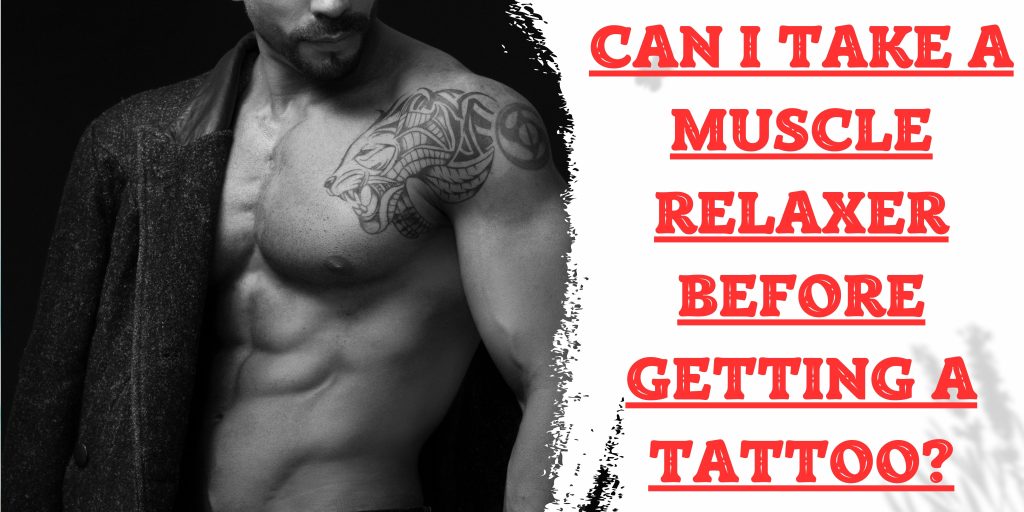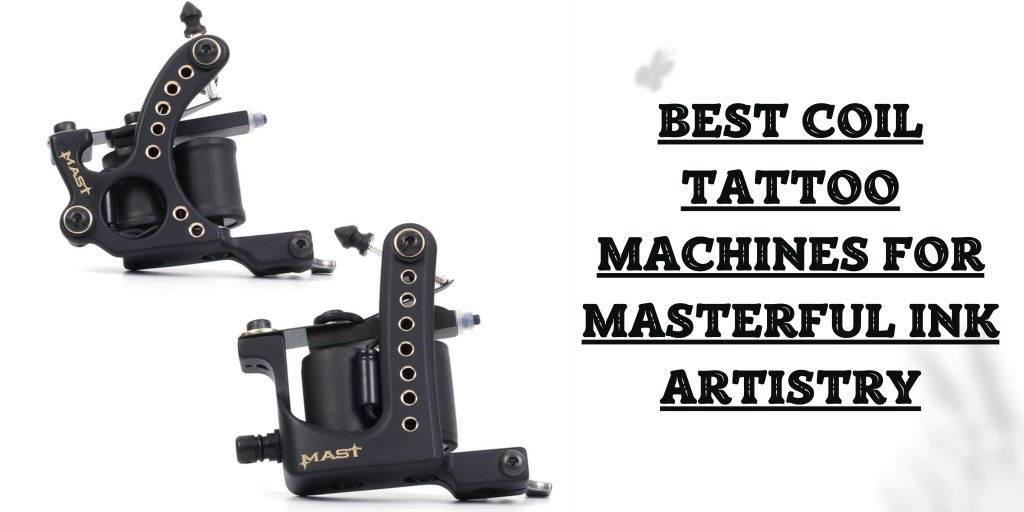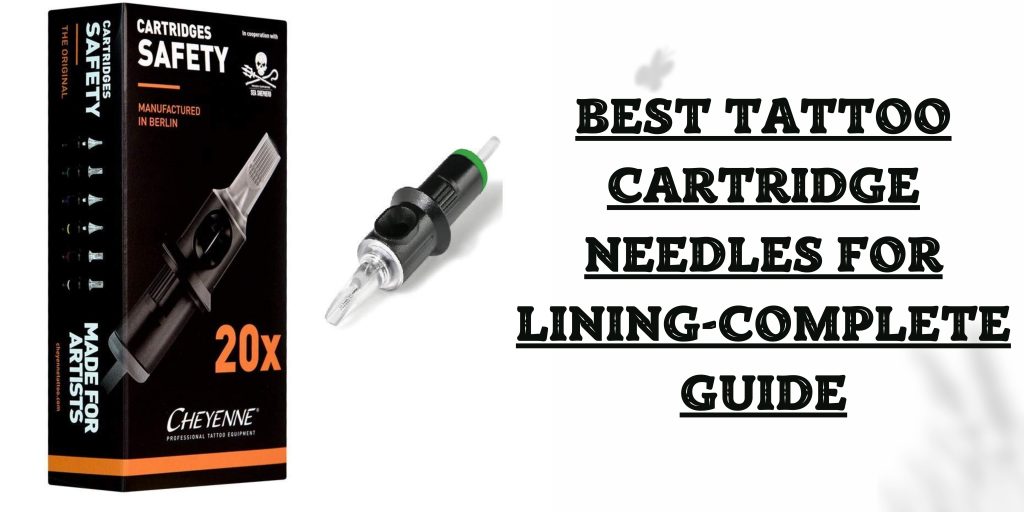Brief Introduction
Gabapentin, a medication primarily used to treat seizures and nerve pain caused by shingles, is gaining traction in the pain management realm. Although it isn’t approved for use in treating pain, it has been prescribed off-label for a variety of conditions, including chronic pain, fibromyalgia, and migraines. More recently, there has been speculation about its role in alleviating tattoo-related discomfort. Let’s delve into the nitty-gritty of using Gabapentin before getting inked and its implications on the overall tattoo experience.
Can You Take It Before A Tattoo Or Not?
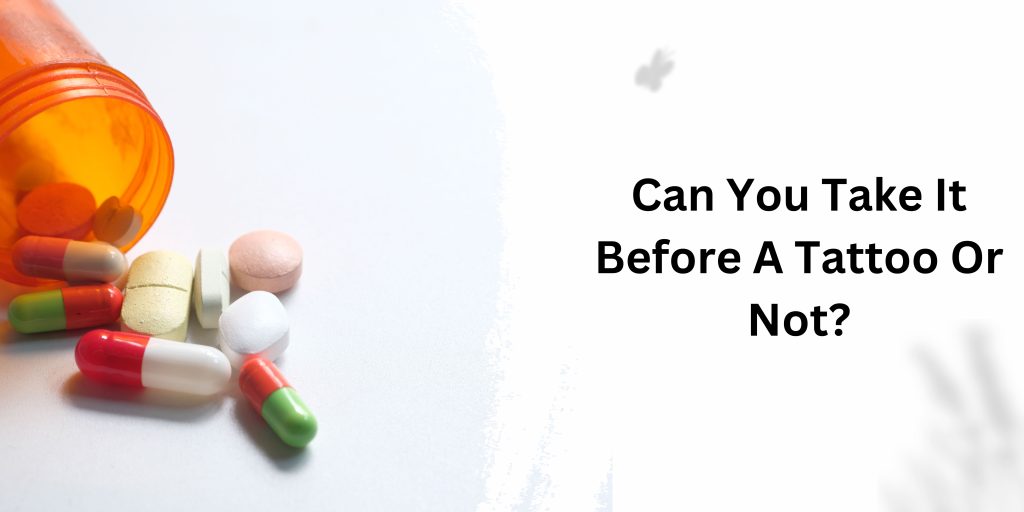
Many individuals contemplating their inaugural or subsequent tattoo sessions often wonder if they can pop a Gabapentin pill beforehand to ease the anticipated pain. However, this notion is not as straightforward as it may seem. As with any medication, especially one that impacts the nervous system, there are potential ramifications to consider.
The idea of using Gabapentin to mitigate tattoo-associated discomfort has garnered attention on various online platforms. A quick perusal of Reddit threads and Quora discussions reveals a multitude of experiences and opinions. While some users advocate its use, others advise caution, emphasizing the importance of consulting a healthcare professional before considering its preemptive consumption.
Does Gabapentin Reduce Tattoo Pain or Not?
While anecdotal evidence may suggest that Gabapentin can offer relief from nerve-related pain, its efficacy in mitigating the specific pain associated with the tattooing process remains a contentious topic. Some individuals assert that Gabapentin’s calming effect on nerve activity can potentially reduce the sharp, stinging sensation that accompanies the tattooing process. However, it’s important to note that every individual’s pain threshold and response to medication can vary significantly.
In the midst of the heated debates on forums, it is imperative to exercise caution when considering Gabapentin solely for pain management during a tattoo session. Tattoo artists and medical professionals alike frequently advise clients to refrain from self-medication and instead opt for alternative pain management strategies, such as topical numbing agents and mindfulness techniques, to ensure a safe and smooth tattooing experience.
Gabapentin During Tattoo Healing: Does It Help or Not?
Beyond the realm of pain management, there is also curiosity surrounding the potential benefits of using Gabapentin during the tattoo healing process. Some individuals believe that Gabapentin’s nerve-calming properties could potentially expedite the healing process and alleviate any discomfort during the post-tattoo recovery period. However, the use of any medication during the healing process should be approached with caution, as it may interfere with the body’s natural healing mechanisms.
When considering the use of Gabapentin or any other medication during the tattoo healing process, it is crucial to consult with a healthcare professional to ensure that it does not compromise the body’s natural healing abilities.
Read More: Can You Put Olive Oil On A Tattoo?
There is any side effect of Gabapentin
Certainly, Gabapentin, like many other medications, is associated with several potential side effects. While some individuals may tolerate it well, others may experience various adverse reactions, necessitating a careful consideration of its usage.

- Dizziness
- Drowsiness
- Fatigue
- Coordination difficulties
- Blurred vision
- Dry mouth
- Gastrointestinal disturbances
- Constipation or diarrhoea
In some cases
- Mood changes
- Depression
- Even suicidal thoughts
- Allergic reactions
- Skin rashes
- Itching
- Swelling may occur
Final Words
Ultimately, the decision to take Gabapentin before getting a tattoo is a matter that should be carefully considered in consultation with a healthcare provider. While the use of Gabapentin may hold potential benefits in managing nerve-related pain, its efficacy and safety in the context of tattooing remain areas of contention and ongoing research. It is crucial to prioritize open communication with a healthcare professional and your tattoo artist to ensure a safe and pain-managed tattooing experience.

